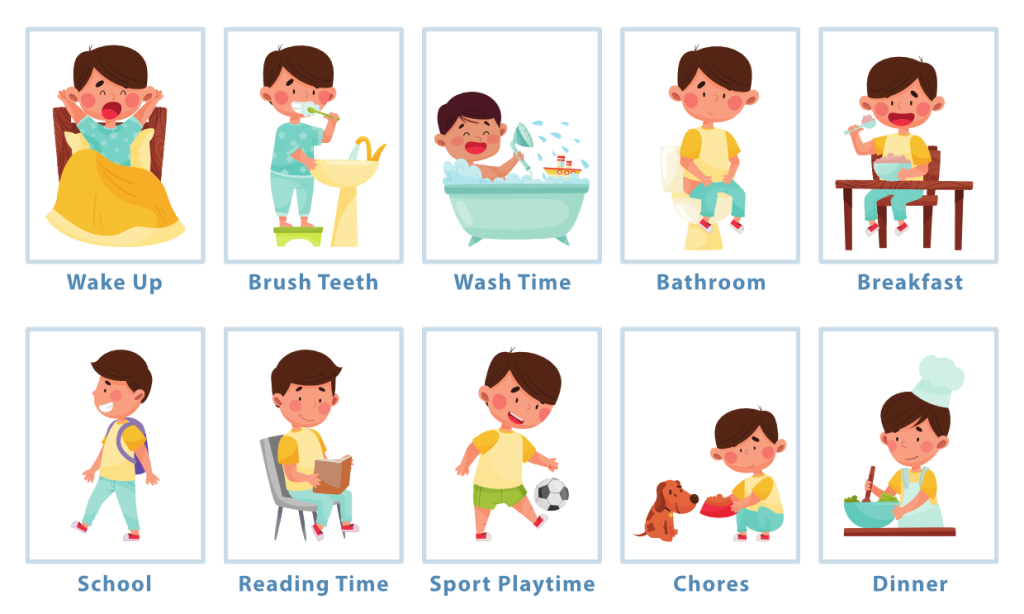Home > TAND Clusters > Neuropsychological > What to do > Executive function skills
These include inhibition, self- and task-monitoring, shifting and initiation, planning and organisation, working memory, and dual-tasking.

Perseverative behaviour, which is repetitive and inappropriate to the situation, is frustrating to others. We tend to question the child or even the adult who is doing the perseverating; we try to reason or bargain with him or her; sometimes we plead or beg, “Please stop!” None of that will work, of course. Perseverative behaviour is not wilful or intentional annoying of others; it is a neurological symptom, but it will respond to some behavioural strategies, described below with some simple examples provided. As with all behavioural strategies, these may take some trial-and-error, adjustments for the specific individual, and modification over time.
Use the perseveration to teach or do something else.
Playing games with infants and children is a wonderful and proven way to encourage neuropsychological brain skill development. Here you will find playful games and activities that you can play with your child from 6 months of age up to 17 years of age. They will target many aspects of neuropsychological skill development.
Similar strategies can be used, lists and checklists instead of visual schedules can be put in place. Implementing routines and external structures, such as the use of planners or calendars, smartphone reminders and alarms, and so on, can minimise the executive function demands of everyday situations.